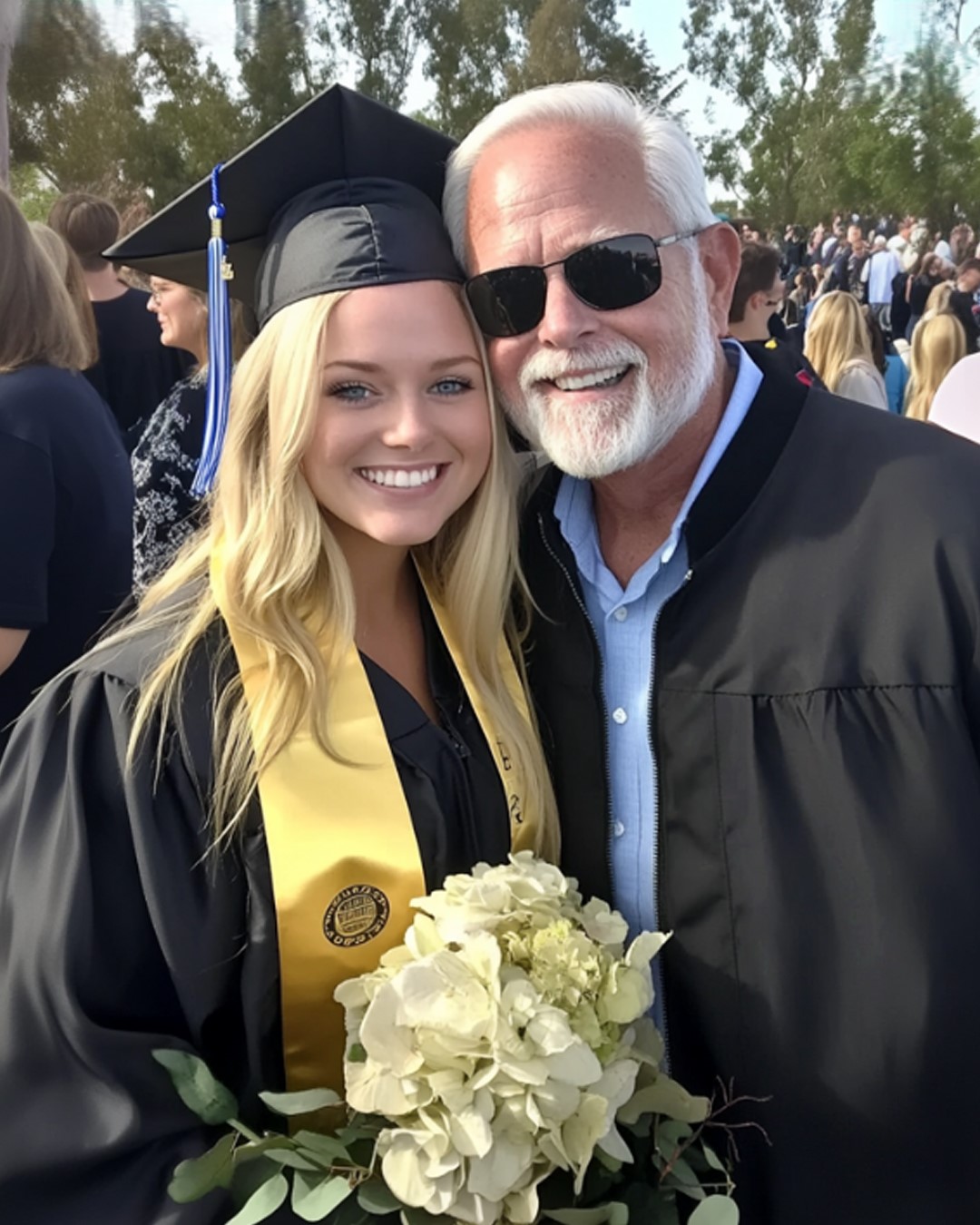“Go through with this, and you’re no longer my daughter.” These chilling words from my father marked the end of our relationship three years ago. I thought that was the last I’d hear from him—until I saw his black car pull into my driveway recently.
Back then, life seemed simpler. If someone had told me I’d end up estranged from my father, I wouldn’t have believed it.
It began when I discovered I was pregnant. I was 25, working as a junior architect, deeply in love with Lucas, a gentle carpenter from a nearby village. His gestures of love were subtle yet profound, from thoughtful notes to remembering every detail I shared. Despite his modesty, I knew my father would disapprove.
My fears were confirmed when I announced my pregnancy and plans to marry Lucas. The conversation with my father, a stern man with a commanding presence, was fraught with tension. After a heavy silence, he issued an ultimatum that cut deep, disowning me if I proceeded with my plans.
Stunned, I tried to defend Lucas, highlighting his virtues and our love, but my father was unmoved. He dismissed my feelings, asserting that love couldn’t provide a secure future. That night, after he retreated to his office and closed the door, marking a definitive end to our conversation, I left my childhood home to start a new life with Lucas.
The following months were tough. Adapting to life in Lucas’s small home, especially during my pregnancy, tested us in ways I never imagined. When we learned we were expecting triplets, not just twins, our challenges multiplied.
Despite the hardships, Lucas’s dedication to our family eventually paid off. His carpentry skills gained recognition, leading to a successful business that we ran together. We built a stable life, moving into a larger home and finding our rhythm as a family.
Then, out of nowhere, my father called. He had heard about the triplets and offered a chance to return to the fold, promising a better life. His call left me conflicted, but his subsequent visit the next day was even more unsettling. He arrived, looking every bit the affluent businessman, and surveyed our home with a critical eye. Yet, his disappointment was not about our struggles but about our success.
He couldn’t understand how I had built a happy, fulfilling life without his help or his wealth. I firmly declined his offer to return, emphasizing that we had everything we needed. His reaction was one of pain and regret.
My father lingered in his car outside our home for hours, a sign of his internal turmoil. When he finally approached again, his demeanor had changed. He admitted his mistakes and the pain his pride had caused us both. It was a moment of vulnerability I had never seen in him.
As he interacted with his grandchildren for the first time, calling himself ‘Grandpa,’ the barriers between us began to melt. We spent the evening catching up, healing old wounds, and starting anew. It was a poignant reminder that sometimes, even the most broken relationships can find a path to reconciliation.

